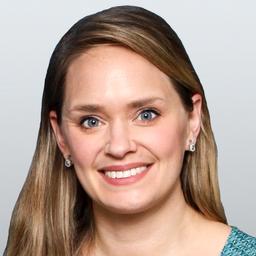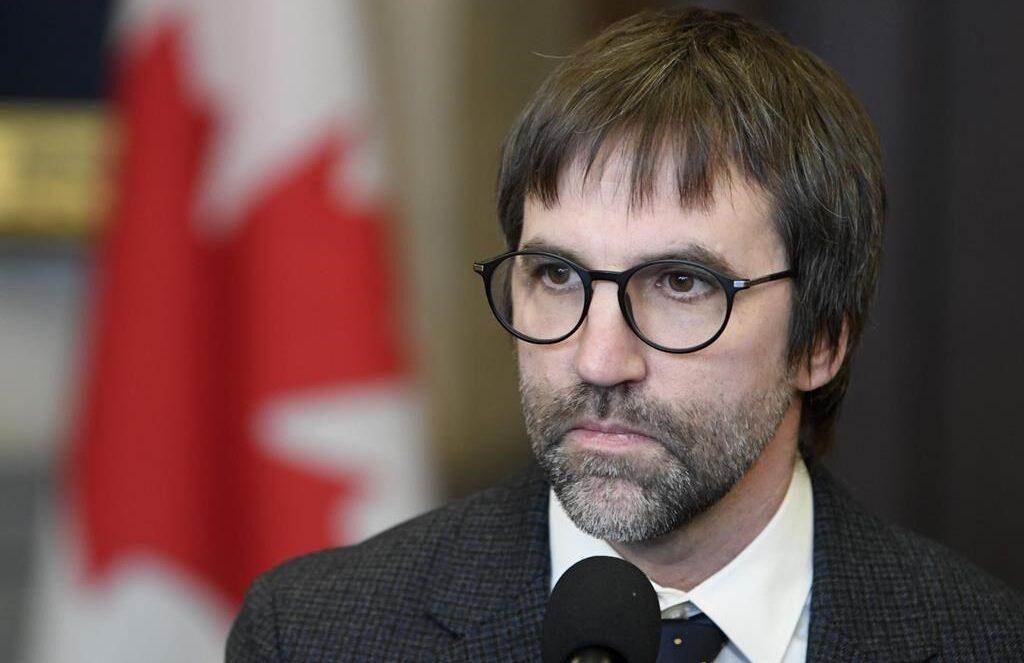From wanting to reduce the size of government, to shrinking the tax burden, to scrapping the carbon tax, as well as boosting the energy sector and taking a harder line on China, there are many things the four Conservative leadership candidates agree on.
But there are other political issues they say sets them apart from each other—a difference that could be the deciding factor on who should be the next leader of the party, which will be announced once all the mailed-in ballots are counted after Aug. 21.





